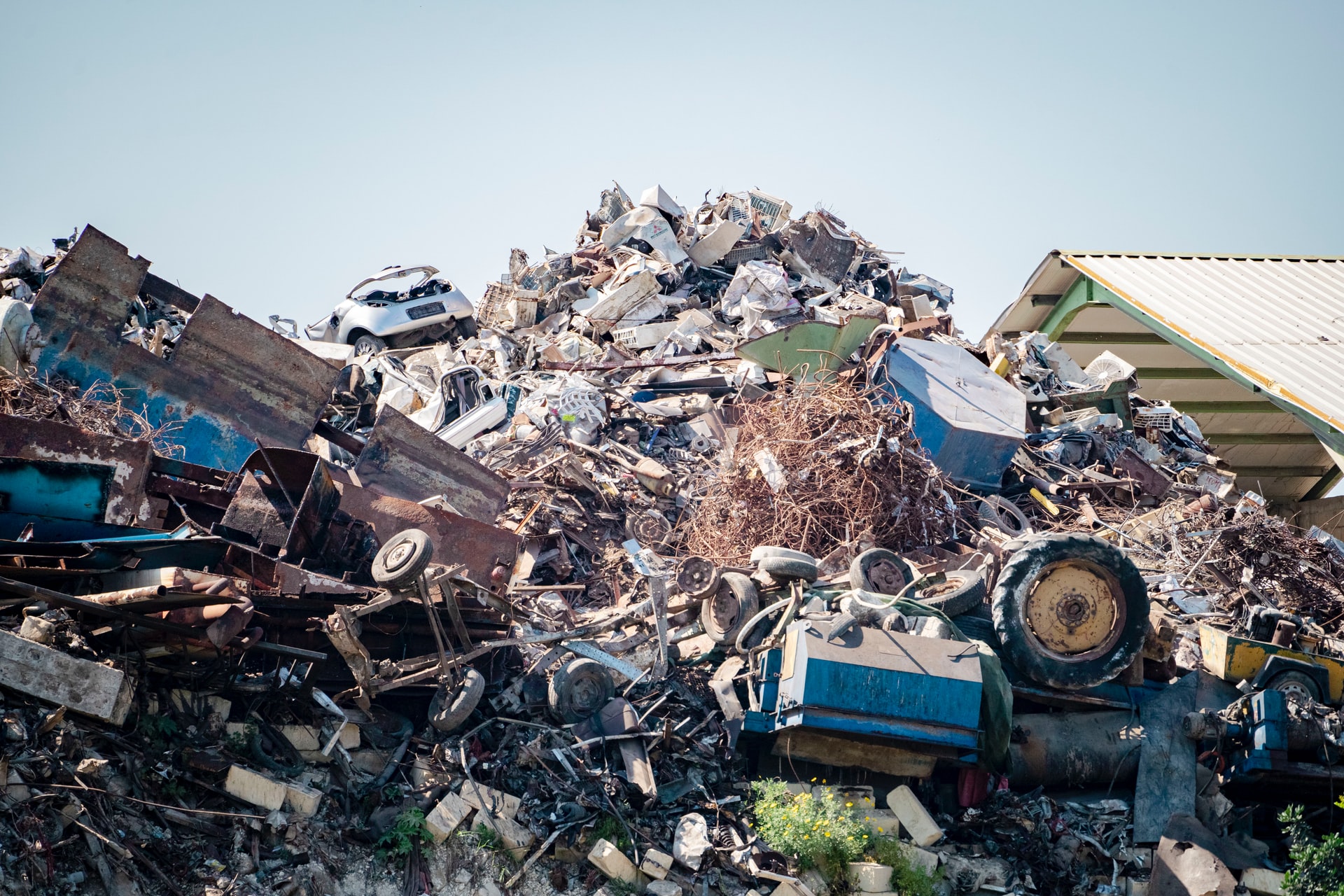We all buy things on a daily basis. Food, drink, entertainment, clothing, and other daily essentials are purchased on the high street and online every single second of every single day. In fact, over $50.5 billion was spent by Australians in 2020 on shopping! With that amount of spending, surely a huge amount of items are being bought and sold.
The issue with constantly purchasing items is that they often come in excess packaging. Foods come with lids and wrappers. Clothes come with plastic wraps and tags. Shoes come in boxes!
So, you’ve probably got a huge amount of waste packaging and leftover food to throw away daily at home. For some people, dealing with their rubbish can be one of the most unpleasant tasks they ever do! What do you do to sort it all and how do you make it easier? Let’s find out.
The Waste Problem
As mentioned, more money spent generally means more packaging is being made, used, and disposed of. This problem has been growing for many years since the industrial revolution changed the way we mass-produced, sold, and shipped goods around the world.
One of the biggest problems is the fact that products have been made out of the cheapest possible materials and shipped around the world in cheap protective packaging. No thought was given to recycling for many years. Only now are governments and citizens facing up to the fact that everyone has a part to play in reducing waste and preventing waste from ending up in rivers, oceans, and the earth.
Can you do anything to help whilst also making your waste experience a little easier? Yes, you can! Read on to find out how.
1. For Big Projects, Hire a Skip
When you’re working on your home, garden, or other large projects, waste can be a big problem. The same goes for those who work in construction, decorating, or other fields where lots of materials are used. The amount of waste generated can be expensive, stressful, and time-consuming.
In these scenarios, the best thing to do is to hire a skip bin. Find a skip supplier in your local area by searching for where to hire a skip bin in Narangba, for example. You’ll quickly find great local companies who are experts in the field of waste management.
Skip bins come in all sizes, from three to 15 cubic meters, meaning you can find one suitable for just about any kind of waste. The best thing, all of these bins allow you to chuck just about anything in there, leaving the skip hire company to sort the rest. Consider a skip bin for your next project and save yourself from constant trips to and from the recycling center.
2. Separate Your Recycling
When in the home, knowing what to do with different types of rubbish can be confusing. The first and easiest thing to remember is that recycling should be separated from any other kind of waste. That’s plastics, metals, paper, or card, and other dry goods. These should be put into their own bin, bag, or another receptacle. Get a nice one that fits the corner of your kitchen or utility room to make recycling a little bit more pleasant!
If you’re unsure of the rules on what can be recycled, check your local council’s website. These will usually provide all sorts of information on what you can and can’t recycle. Certain items such as batteries, white goods, and other hazardous substances cannot be placed in with your normal recycling and need to be recycled elsewhere. Make sure you don’t mix these in.
3. Get a Compost Bin
The other main type of rubbish that you want to separate is compostable waste. This mainly involves food and beverage waste that can be composted by yourself, your local council, or whoever collects your waste. Keep your food in a small, separate bin, with a recyclable bin liner. Small is preferential, as it gives less time for waste to build up and smell – especially if the bin is inside your home!
4. Remember When Collections Are
One thing that often trips people up is forgetting when bin day is! Usually, recycling, food waste, and general waste are all collected on different days, making it easy to forget when your bin collection is due. If you have to, make a little chart and hang it in your kitchen – or by your front door – so that you never forget which day to take which bin out!
5. Rinse Recycling
Although most of these tips revolve around making your life a little easier – which this one also does – you may also want to consider the life of a recycling center worker, as well as the efficiency of your recycling. If a carton, for example, is dropped at a recycling center still full of smoothie or sour milk, the recycling process is massively affected and the viability of reusing that material is reduced. However, if you simply rinse it before chucking it in your bin, these problems are erased. Plus, your bin won’t stink of sour milk either, which has to be a win! Rinse your recycling and everyone’s a winner.
6. Buy Less Packaging
Finally, in theory, the most simple of all the points… buy less packaging. As mentioned, the waste problem is an ever-changing and ever-growing one. Consumerism is on the rise, while companies like Amazon want to make more and more profit. Until packaging is 100% compostable, recyclable, or completely removed – as arguably a huge amount of packaging could be – then the problem will persist.
Small changes can make a big difference. Instead of buying bags of cereal, oats, pasta, rice, nuts, and fruit, go to a shop or market stall where you can fill your container with a kilo of one of these foods. This means less packaging is made, used, and sold. If everyone does this, there will be less waste to sort, making everyone’s life easier.
Follow these tips to reduce your waste output and make it easier to deal with. The more conscious everyone is about their recycling and waste, the quicker the problem is solved. Until then, do your part, and make your waste collection easier at home!






Leave A Comment